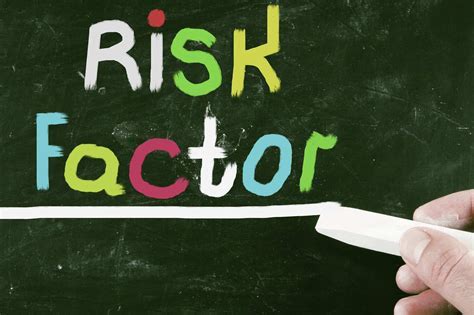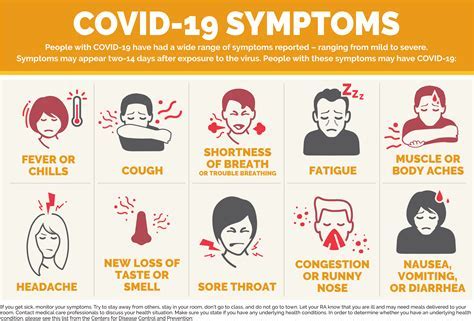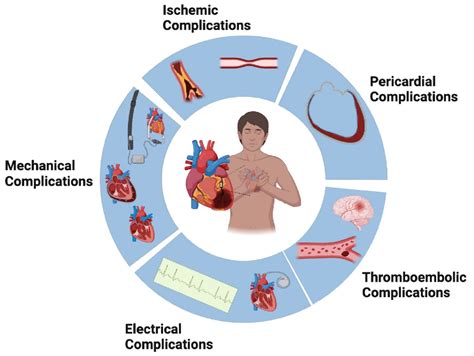Intro
Identify the first sign of cold sore with symptoms like tingling, itching, and redness. Learn about cold sore stages, treatment, and prevention to manage herpes simplex virus outbreaks and alleviate painful blisters and fever.
The first sign of a cold sore can be a worrying and uncomfortable experience for many people. Cold sores, also known as fever blisters, are small, fluid-filled blisters that appear on the lips, mouth, or around the oral area. They are caused by the herpes simplex virus (HSV), which is highly contagious and can be spread through skin-to-skin contact. In this article, we will explore the first signs of a cold sore, its symptoms, treatment options, and prevention methods.
The first sign of a cold sore is often a tingling or itching sensation on the skin, usually on the lip or around the mouth. This sensation can be mild or severe and may last for a few hours or days before the blister appears. Some people may also experience a burning or stinging sensation, which can be uncomfortable and painful. As the cold sore develops, it can cause redness, swelling, and inflammation of the affected area, making it difficult to eat, drink, or even talk.
Causes and Risk Factors

Symptoms and Stages

Treatment Options
There are several treatment options available for cold sores, including over-the-counter medications, prescription medications, and home remedies. Over-the-counter medications, such as docosanol or lidocaine, can help reduce the pain and discomfort associated with cold sores. Prescription medications, such as antiviral medications, can help shorten the duration and severity of the outbreak. Home remedies, such as applying ice or a warm compress, can also help alleviate symptoms.Prevention Methods

Lifestyle Changes
Making lifestyle changes can also help prevent cold sores. Getting enough sleep, eating a healthy diet, and managing stress can all help boost the immune system and reduce the risk of an outbreak. Additionally, avoiding certain foods, such as citrus fruits or spicy foods, can help reduce the risk of triggering an outbreak.Complications and Risks

Seeking Medical Attention
If you experience any of the following symptoms, it is essential to seek medical attention: severe pain or discomfort, difficulty eating or drinking, or vision changes. Additionally, if you have a weakened immune system or are taking certain medications, it is crucial to consult with your doctor for proper treatment and care.Home Remedies

Natural Remedies
Natural remedies, such as lemon balm or licorice root, can also help alleviate the symptoms of a cold sore. Lemon balm has antiviral properties, which can help reduce the severity and duration of the outbreak. Licorice root has anti-inflammatory properties, which can help reduce redness and swelling.Conclusion and Final Thoughts

We invite you to share your thoughts and experiences with cold sores in the comments below. Have you tried any of the treatment options or prevention methods mentioned in this article? What worked best for you? Share your story and help others who may be struggling with cold sores.
What are the first signs of a cold sore?
+The first signs of a cold sore are typically a tingling or itching sensation on the skin, usually on the lip or around the mouth. This sensation can be mild or severe and may last for a few hours or days before the blister appears.
How can I prevent cold sores?
+Preventing cold sores involves practicing good hygiene, avoiding triggers, and taking antiviral medications. Practicing good hygiene, such as washing your hands frequently and avoiding sharing utensils and personal items, can help prevent the spread of the virus. Avoiding triggers, such as stress and fatigue, can also help reduce the risk of an outbreak.
What are the complications and risks of cold sores?
+Cold sores can lead to several complications and risks, including spreading the virus to other parts of the body, such as the eyes or genitals. If left untreated, cold sores can also lead to secondary bacterial infections, which can cause further complications.
